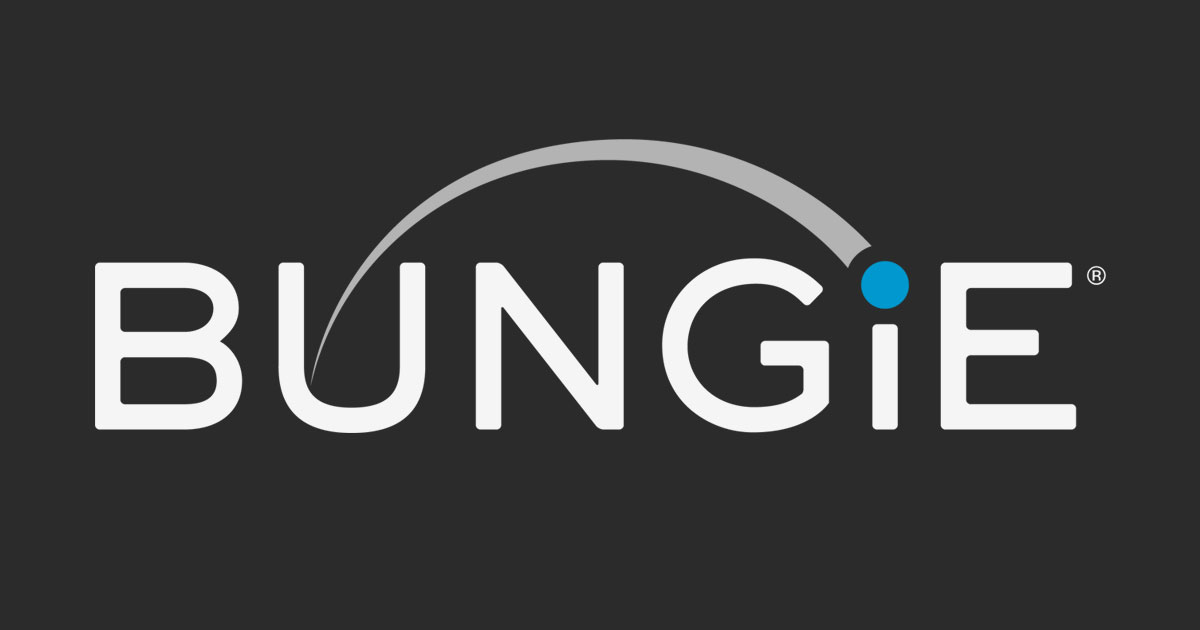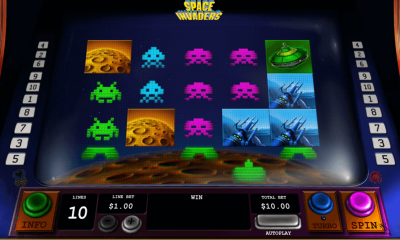Uncategorized
Bungie LLC: From Indie To Major

Bungie’s journey as an indie and major producer
The story of Bungie is very much that of the underdog. Some might even go as far to say that Bungie’s story is that of the hero’s journey. The point is that what started from humble beginnings eventually evolved into an immensely successful company whose story belongs up there with the likes of Apple and Microsoft. Maybe it’s just the American template of all software designers with high aspirations? Microsoft started off when Bill Gates and Paul Allen were tasked with developing and selling BASIC Interpreters for the Altair 8800. Apple was started when Steve Jobs and Steve Wozniak decided to sell Wozniak’s Apple I computer. Bungie was started by Alex Seropian who soon roped in programmer Jason Jones; at this point the pattern must be quite clear. One could write it off to coincidence but that’s very unlikely. Mortal Kombat – Ed Boon and John Tobias, Doom – John Romero and John Carmack. Right, so the last one likely included more people, perhaps they all did, but the themes of two great minds coming together and achieving massive success seems to be a common theme in the gaming and software development world.
Bungie: In the beginning
Bungie started off way back in 1991 when Alex Seropian published a game called Operation: Desert Storm. Prior to this he had developed a game for the Mac called Gnop. It was a free game and if you ever saw it you’d understand way. Not long after the founding of Bungie, Seropian met Jason Jones through an artificial intelligence course both men were pursuing and by 1992 they published Minotaur: The Labyrinths of Crete. The pair were initially content to publish exclusively to the Mac because Jones was more adept at programming for it. The duo personified that perfect mix of two people with a common interest but different skill sets; Alex handled the business and marketing and Jones took care of the technical and creative side of things. When Wolfenstein 3D was released back in 1992, the duo were quite taken aback and set about creating their own version of such a game. The end result was the critically and commercially successful Pathways Into Darkness, the success of which launched the company from a one bedroom apartment into a studio.
Halo & subsequent ventures
Between the years of 1992 and 1999, Bungie’s portfolio grew and so did the company’s success, so much so, that by June 2000 Microsoft announced their acquisition of the company for the Microsoft Game Division. If ever there were gaming companies to own shares in, Microsoft Game Division would be one of them. Bungie’s original plans for Halo: Combat Evolved was meant for Mac and Windows but under Microsoft’s tutelage and to boost sales of their Xbox, it went through the roof. Halo was so successful that by by November 2004 Halo 2 was out raking in more than $125 million on the day of its release and smashing records in the entertainment industry. Three years later Halo 3 was released in September of 2007, smashing the records set by its predecessor and creaming a cool $170 million within 24 hours. Shortly afterwards, Bungie announced its departure from Microsoft to become Bungie LLC, which meant it was a privately held company. Microsoft still held a stake in the company and the two would to go on to profit from the Halo franchise up until 2010 when Bungie released their last take on the game titled Halo: Reach. In that same year Bungie announced a 10 year partnership with fellow gaming giant, Activision Blizzard. Unlike the deal it had with Microsoft, Bungie would own any new intellectual property that emerged from the partnership with Activision Blizzard. The two did great business together, creating the Destiny franchise (for PlayStation and Xbox) but after 8 years Bungie decided to call it quits and retained the rights to Destiny. At the moment the company is valued at $2 billion and has major plans for expansion. New additional offices in Amsterdam by 2022 and a major roll-out of more Destiny games and related media are on the cards. For now, it looks like Destiny is Bungie’s golden goose.














